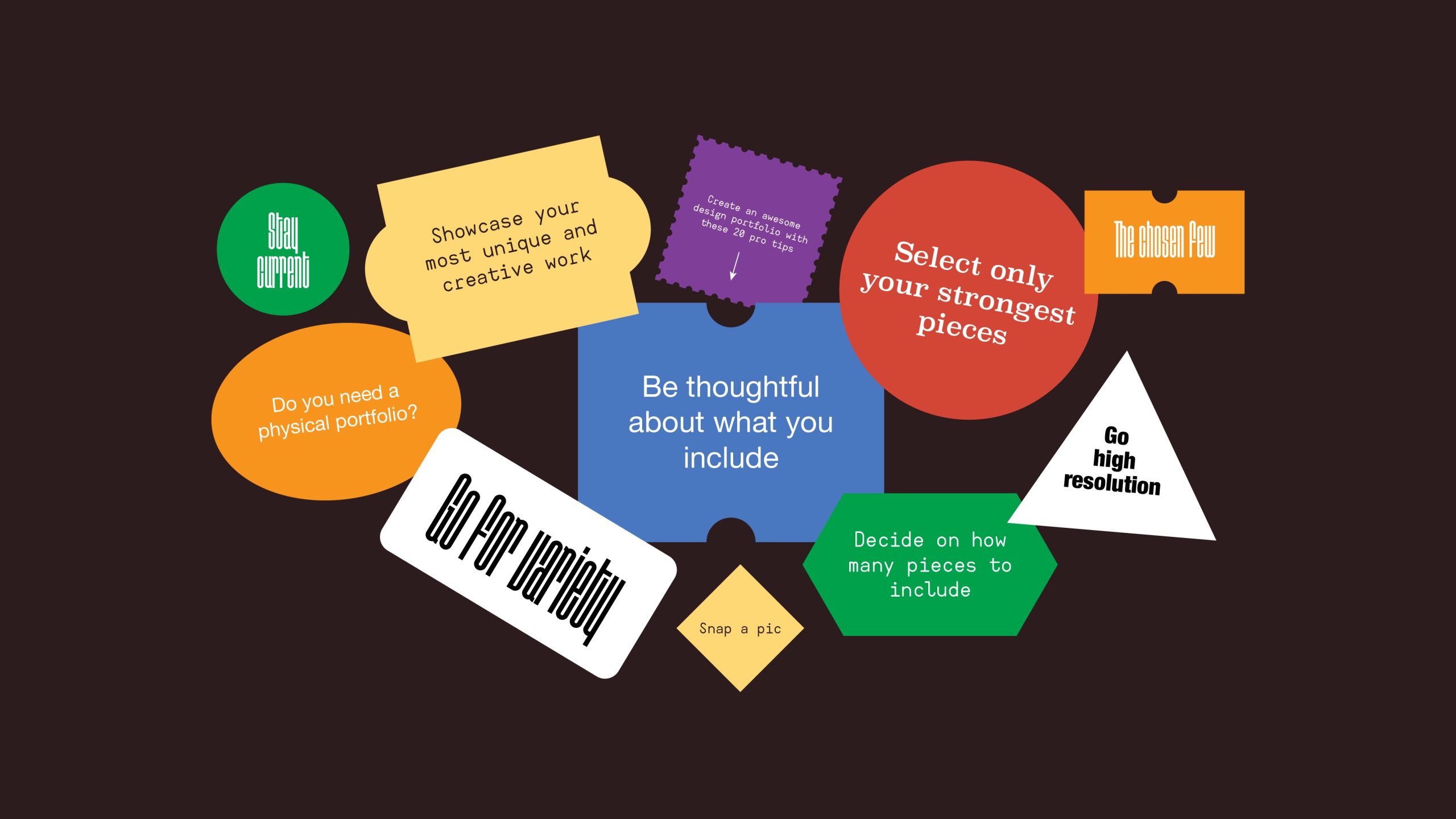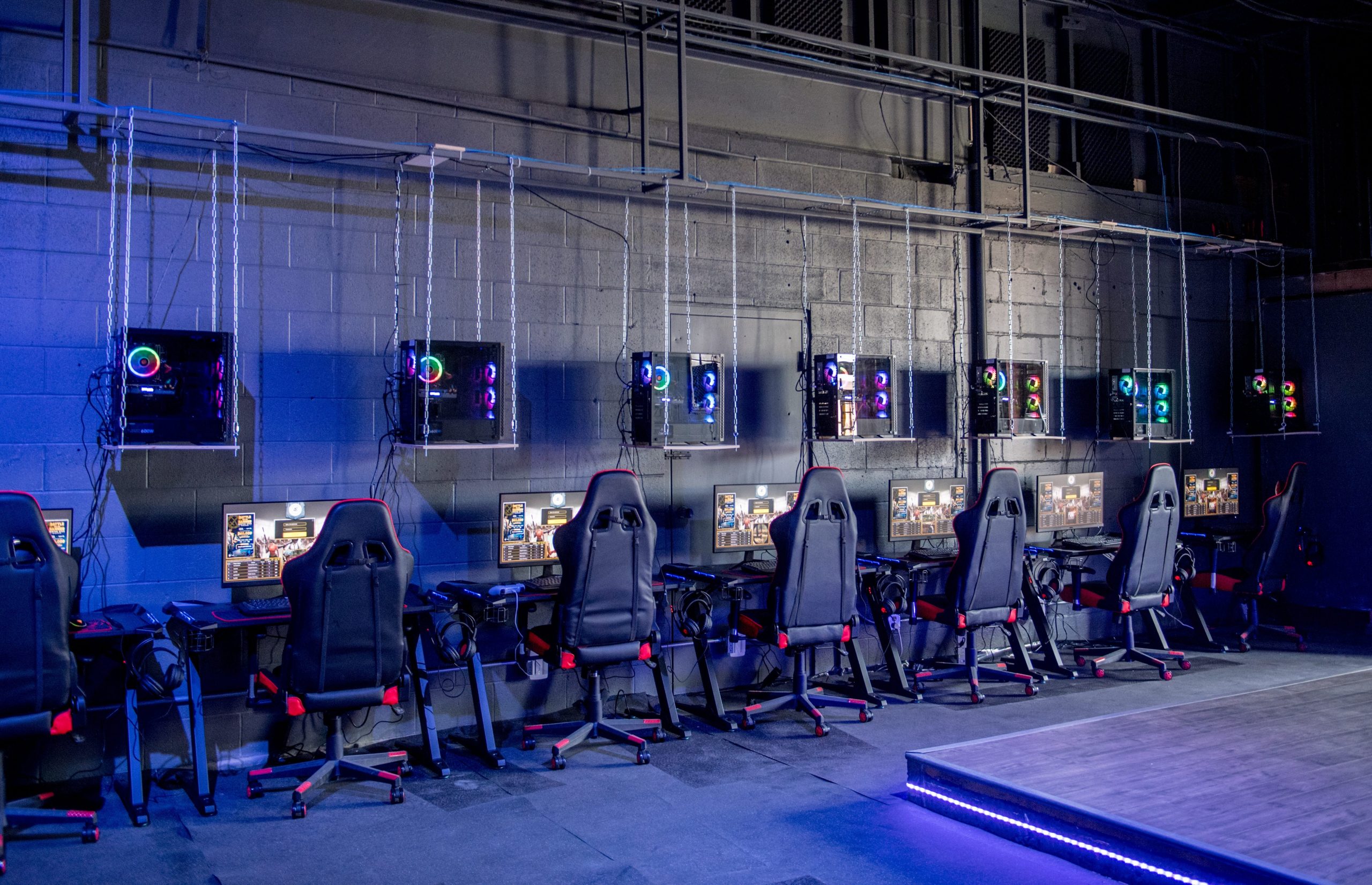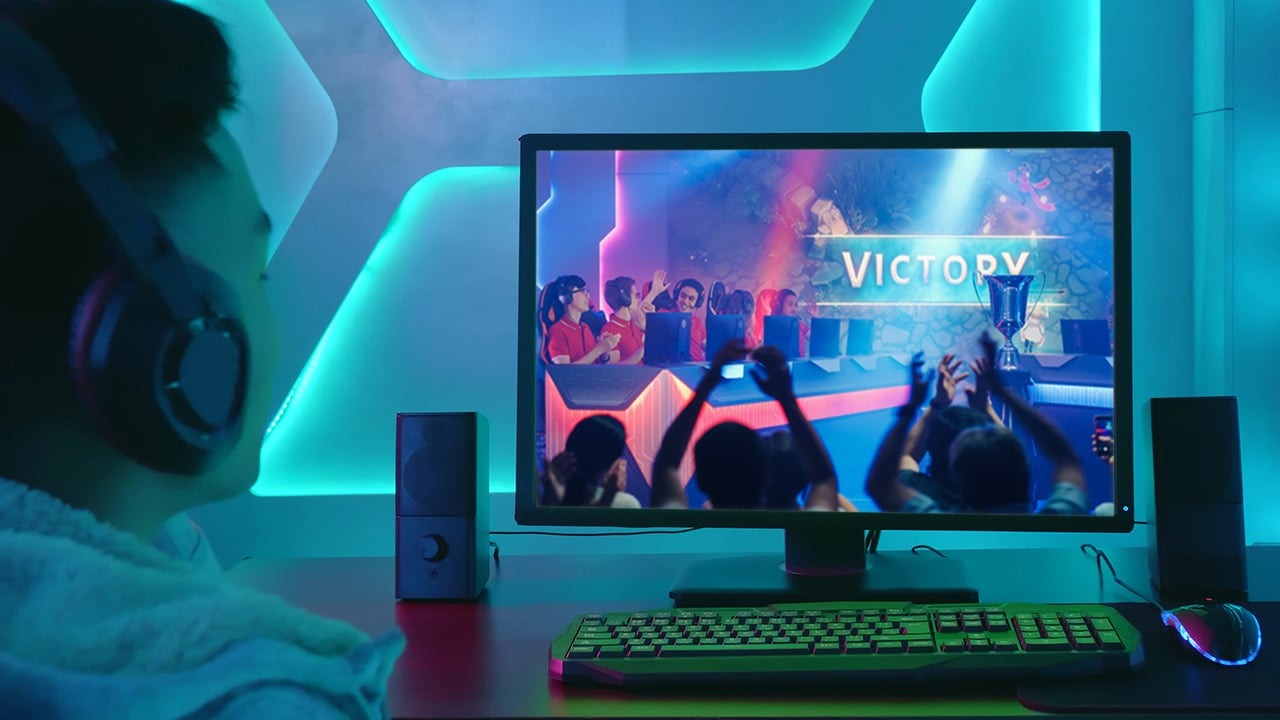With the rising popularity of eSports, an increasing number of individuals are interested in crafting games for this fiercely competitive industry. This path entails a combination of imagination, technical skill, and comprehensive knowledge of gaming trends. However daunting it may seem, it provides immense gratification when rewards start pouring out!
As an eSports game developer, you have the prospect of generating innovative titles that hold gamers spellbound with excitement. So let’s not waste any more time and delve right into what makes up being a top-notch game developer for eSports.
Understanding the eSports Landscape
Before you dive headlong into developing games for eSports, it’s crucial to understand the ecosystem of this competitive gaming world. From League of Legends and Dota 2 to Counter-Strike: Global Offensive and Overwatch, eSports encompasses various games, each with its unique dynamics and player base. Esports betting opportunities continue to rise as viewership and engagement increase, creating a thriving industry that is rapidly evolving.

Playing these games, studying their mechanics, and understanding what makes them successful is essential. Familiarize yourself with different genres, such as MOBAs (Multiplayer Online Battle Arenas), FPS (First-Person Shooter), and RTS (Real-Time Strategy) games. Doing so lets you gain insights into what captivates players, fosters competitive balance, and drives spectator engagement.
Also, keeping an eye on trends and changes in the industry is vital to stay ahead of the curve. Staying informed about game patches, updates, and balance changes can help you identify areas for innovation or improvement while keeping your finger firmly on eSports’ pulse.
Acquiring the Necessary Skills
Developing games, let alone for eSports, requires a solid foundation of technical skills. At the heart of these is proficiency in programming languages. Popular choices include C++, C#, Python, and JavaScript. Countless resources online, as well as universities and coding boot camps, offer courses in these languages. In addition to coding, understanding game engines such as Unity or Unreal Engine is crucial. These platforms are the building blocks of game development and can significantly streamline the process.

Another vital skill is game design. This is where your creativity shines. Game design encompasses everything from creating compelling narratives and characters to devising game rules and mechanics. It includes level design, player progression systems, and user interface design.
Familiarity with 3D modeling and animation can be an added advantage. Of course, you should also know all popular tools for team collaboration, such as project management software and version control platforms.
Building a Portfolio
After honing your skills in the relevant area, it’s crucial to exhibit them. Establishing a portfolio that showcases your proficiency and track record is essential as it helps potential employers or clients gauge your capabilities. This collection could consist of games, projects, or initiatives you’ve undertaken either solo-wise or collaboratively with others.
Don’t hesitate to include small projects or those you’ve done for practice. They all contribute to showing your creativity, problem-solving abilities, and technical prowess. Participating in game jams and competitions can provide valuable experience and make excellent portfolio pieces.

As you build your portfolio, remember to tailor it specifically for the eSports industry. Showcase your understanding of competitive balancing and spectator engagement by highlighting your work on multiplayer modes or player-versus-player mechanics.
Networking and Industry Involvement
The game development and eSports industry is a tight-knit community. Networking with other professionals can open doors to opportunities and collaborations. Attend industry events, participate in online forums and discussions, and engage with the community. Getting involved with eSports organizations through internships, volunteering, or entry-level roles can provide invaluable industry experience and connections.

For instance, becoming a game developer for an eSports organization creates opportunities to work with industry experts and gain insights into the process of crafting games specifically tailored for competitive gaming. It also provides hands-on experience in navigating the intricacies of esports development. One can also network through social media platforms like LinkedIn and Twitter.
Staying Current
The eSports industry is rapidly evolving, with new technologies and trends continually shaping the landscape. As a game developer in this field, staying abreast of these changes is vital. Regularly playing popular eSports titles, following industry news, participating in professional development opportunities, and continuously learning and refining your skills are all crucial.

To be a top game developer for eSports, you must be adaptable and able to pivot quickly in response to changes. Keeping an open mind toward new ideas and technologies can help you create innovative games ahead of the curve. Also, don’t be afraid to experiment with new game mechanics or incorporate emerging technologies like VR and AR into your games.
Conclusion
Embarking on a journey to become an eSports game developer is exciting. The road may be challenging, but you’ll be well-equipped to succeed with the proper understanding of the eSports landscape, the necessary technical and creative skills, a strong portfolio, and a commitment to networking and continuous learning. As an eSports game developer, you’ll have the chance to shape the future of competitive gaming, creating thrilling experiences for players and spectators alike!




